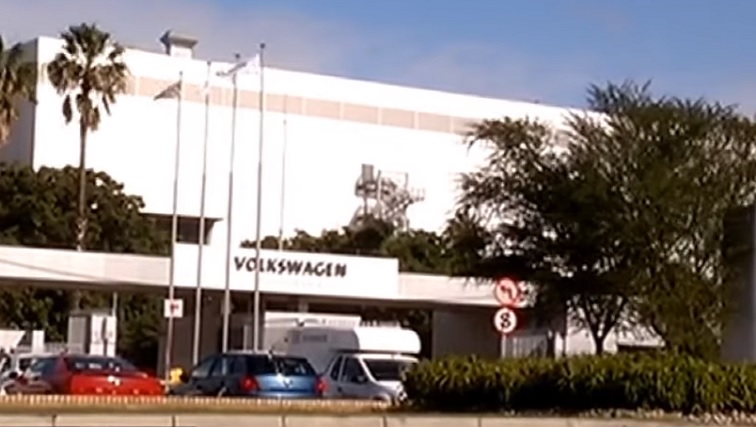The ongoing “go-slow” strike by workers at the Port of Ngqura in the Nelson Mandela Bay area is having a negative effect on industries that are the main economic drivers in the Eastern Cape. The strike is entering its third week.
The workers are unhappy about a lack of incentives. The strike has also affected operations at the port which is a gateway to other countries.
Chief Executive Officer of Volkswagen South Africa, Thomas Schafer, says the automotive industry is the hardest hit. “ We are facing a serious crisis here at the moment, obviously the harbour is our lifeline. We have a just in time production running that cannot absorb any container delays. We are connected to the world, and our biggest asset that we have as this country is that we are a reliable producer of vehicles for the global market. On Wednesday we came to a grinding halt in our factory where we have experienced a slow go, since 28 June, but on Wednesday we had to cancel shifts and send people home.”
The citrus industry is also affected as perishable goods can’t leave South Africa’s shores. Chief Executive Officer of Unifrutti, Deon Joubert, says the go-slow has caused massive disruptions.
“ The citrus industry in the Eastern Cape has a record crop, so it’s the biggest ever, and with that in the background it is causing a massive disruptions. The result is that we are sending a lot of the fruit either to Durban or to Cape Town, at a massive cost, the other problem is that fruit is standing either in cold storage or containers, ships are missed. A lot of the vessels pass PE, so it has a massive impact on the local citrus industry.”
Click below for more on the story:






